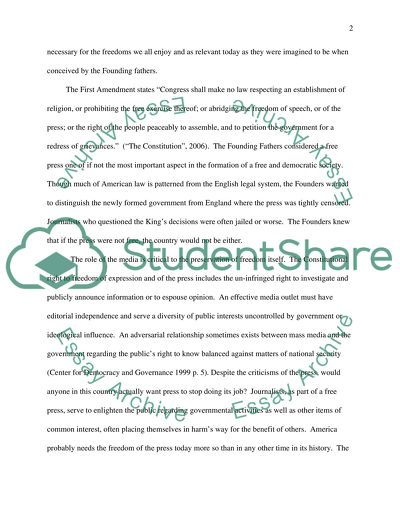Cite this document
(“Defend the proposition that the Bill of Rights in necessary today Essay”, n.d.)
Retrieved from https://studentshare.org/environmental-studies/1419427-defend-the-proposition-that-the-bill-of-rights-in
Retrieved from https://studentshare.org/environmental-studies/1419427-defend-the-proposition-that-the-bill-of-rights-in
(Defend the Proposition That the Bill of Rights in Necessary Today Essay)
https://studentshare.org/environmental-studies/1419427-defend-the-proposition-that-the-bill-of-rights-in.
https://studentshare.org/environmental-studies/1419427-defend-the-proposition-that-the-bill-of-rights-in.
“Defend the Proposition That the Bill of Rights in Necessary Today Essay”, n.d. https://studentshare.org/environmental-studies/1419427-defend-the-proposition-that-the-bill-of-rights-in.


